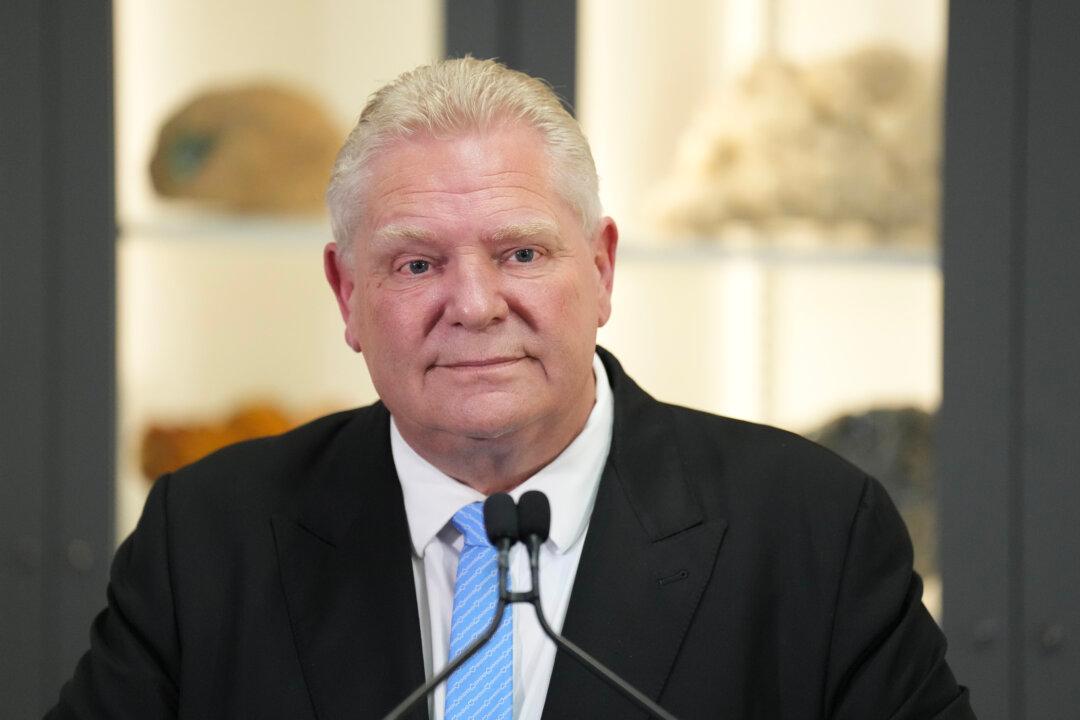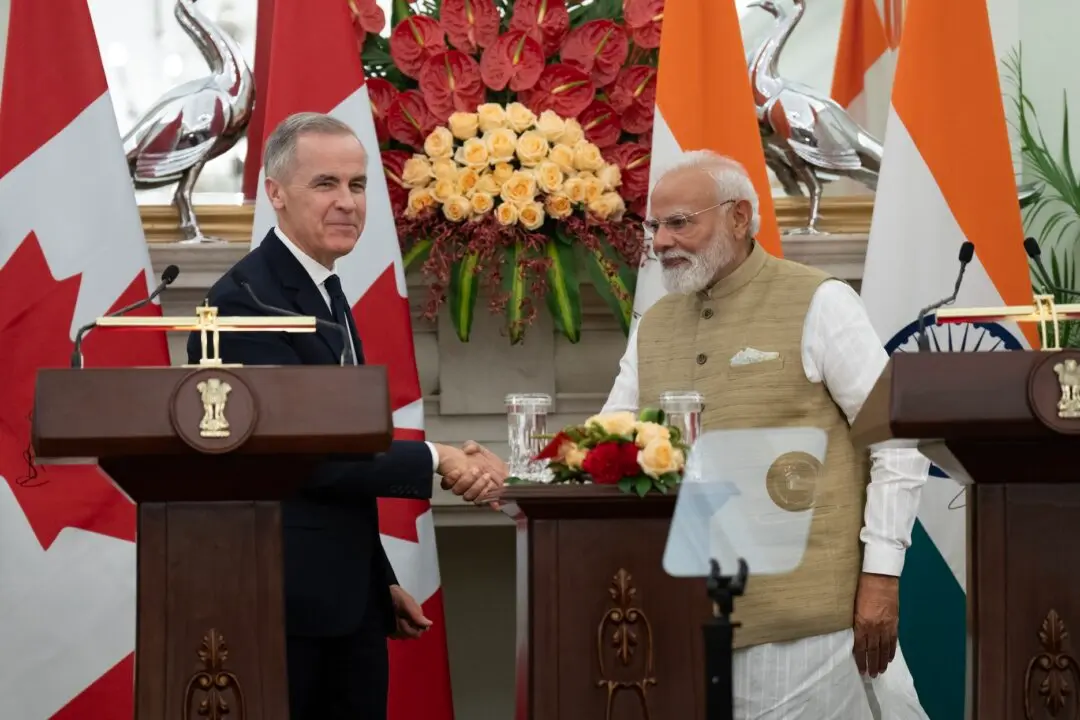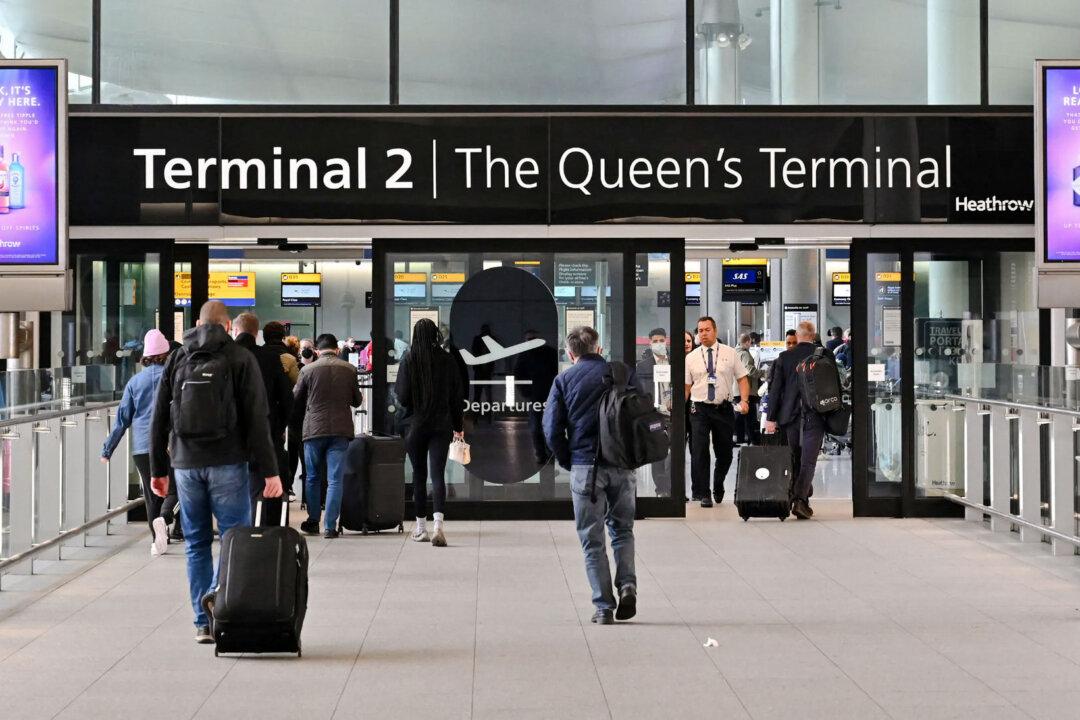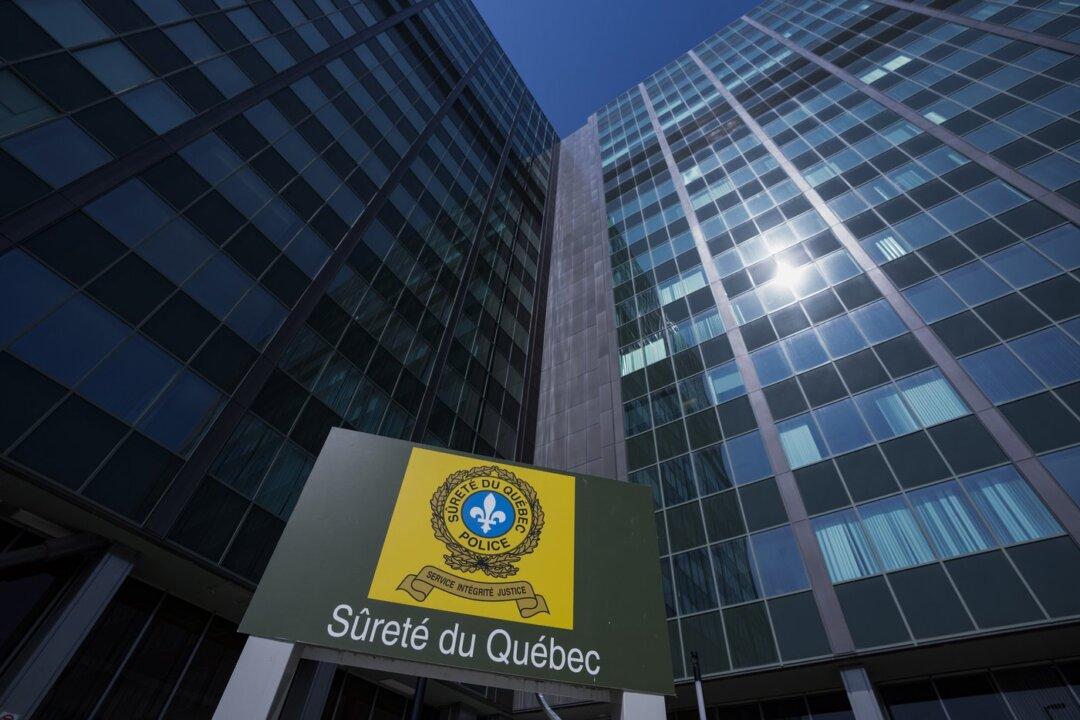Ontario Premier Doug Ford says he has instructed the Liquor Control Board of Ontario (LCBO) to remove American alcohol from its store shelves if U.S. President Donald Trump makes good on his threat to impose 25 percent tariffs on Canadian goods.
“I’ve sent a direction to the LCBO that if these tariffs come to clear off every bit of U.S. alcohol off the shelves,” Ford said at the Rural Ontario Municipal Association’s annual general meeting and conference in Toronto on Jan. 20—the same day as Trump’s inauguration as the 47th president of the United States.





